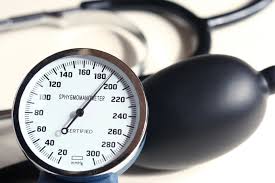Blood Pressure Guidelines



The information, including but not limited to, text, graphics, images and other material contained on this website are for informational purposes only.
The purpose of this website is to promote broad patient understanding and knowledge of various health topics. It is not intended to be a substitute for professional medical advice, diagnosis or treatment.